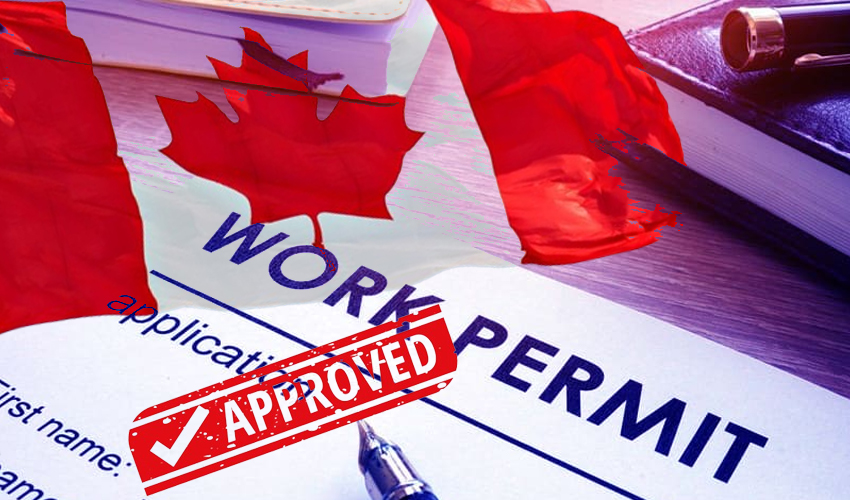Islamabad, Oct 15: Canada introduces new restrictions on international students
Canada has imposed more limitations on foreign students who wish to work in the country after they graduate, restricting their eligibility to fields of study that are in line with long-term labor shortages.
Changes to the Post-Graduation Work Permit (PGWP) program have been announced by Immigration, Refugees and Citizenship Canada (IRCC), and they will take effect on November 1, 2024.
The flexibility in choosing courses of study that was previously accessible has been reduced for overseas students applying for study permits after this date.
Instead, they must select programs in industries where there is a lack of labor in order to be eligible for a PGWP. Prior to November 1st, those who applied for or presently possess a study permit will remain eligible under the previous rules. The modifications have no bearing on students pursuing bachelor’s, master’s, or doctorate degrees.
New limitations will apply to non-degree students and college graduates, with eligibility restricted to five primary areas: skilled trades, transportation, STEM (science, technology, engineering, and mathematics), healthcare, and agricultural and agri-food. The term of the work permit will match the duration of their course of study. The 966 programs that qualify have been listed by the IRCC.
Business, hotel, and tourism-related fields will no longer be eligible for the PGWP. Furthermore, candidates now need to fulfill particular language competency standards.
College students should fulfill Canadian Language Benchmark (CLB) level 5, and university students must reach CLB level 7. Tests like TEF Canada and TCF Canada for French, and CELPIP (General), IELTS (General Training), and PTE (Core) for English are accepted. The validity of test results is two years before the application.
These modifications, which are intended to maintain the integrity of Canada’s immigration system, come after other recent actions including raising the cost of study permits by double and adding a requirement for documentation of safe housing.









